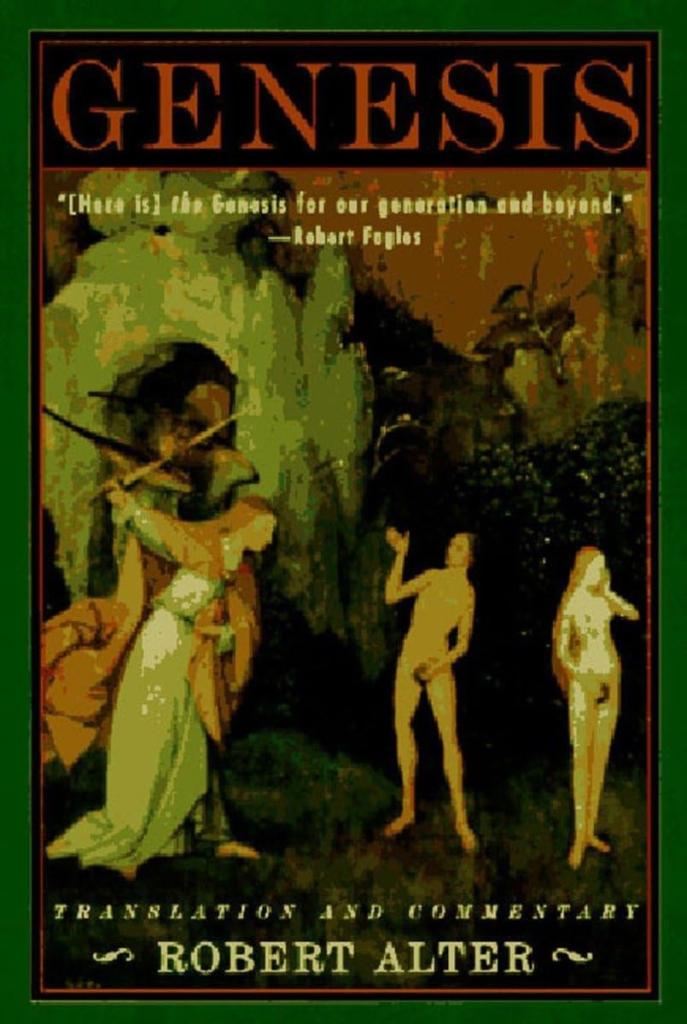Reading an expert in ancient Hebrew is refreshing compared to reading the notes of a modern translation team, which confuses what the words say, with an explanation of their meaning. Robert Alter points out that in the dialogue in the OT all the characters speak proper literary Hebrew, without any slang, but also without any stilted language either— but in Genesis there is one exception. In order to represent the crudeness of the character of Esau in Gen. 25 he is allowed to say ‘let me gulp down some of this red red stuff…’ And the verb here translated gulp was commonly used to speak about stuffing food into the mouth of an animal. Indeed in later rabbinic Hebrew its part of the discussions of animal husbandry! So the Biblical writer here makes an exception and uses a vernacular term for coarse eating (xxiv-xxv). But this in term rightly suggests that Biblical Hebrew, while it may not be the stilted, ornate vocabulary of the elite, was nonetheless a language of literature, distinct from both ordinary vernacular and a too lofty style that would not suit the characters in the narrative. This leads Alter to say…
“There is no good reason to render biblical Hebrew as contemporary English [particularly contemporary American English with all its slang] either lexically or syntactically. This is not to suggest that the Bible should be represented as fussily old-fashioned English, but a limited degree of archaizing coloration is entirely appropriate…creating a language that is stylized yet simple and direct., free of the overtones of contemporary colloquial usage but with a certain timeless homespun quality…A suitable English version should avoid at all costs the modern abomination of elegant synonymous variation for the literary prose of the Bible depends on significant repetition.. Similarly, the translation of terms on the basis of immediate context–except when it becomes grotesque to do otherwise–is to be resisted as another instance of the heresy of explanation. Finally, the mesmerizing effect of these ancient stories will scarcely be conveyed if they are not rendered in cadenced English prose that at least in some ways corresponds to the the powerful cadences of the Hebrew” (pp. xxv-xxvi).
My own observation is that frankly, I don’t see many English translator teams paying much attention to what Alter says makes for best practices. I can only imagine how he feels about Eugene Peterson’s paraphrases with focuses entirely on what the text means not what it says….














